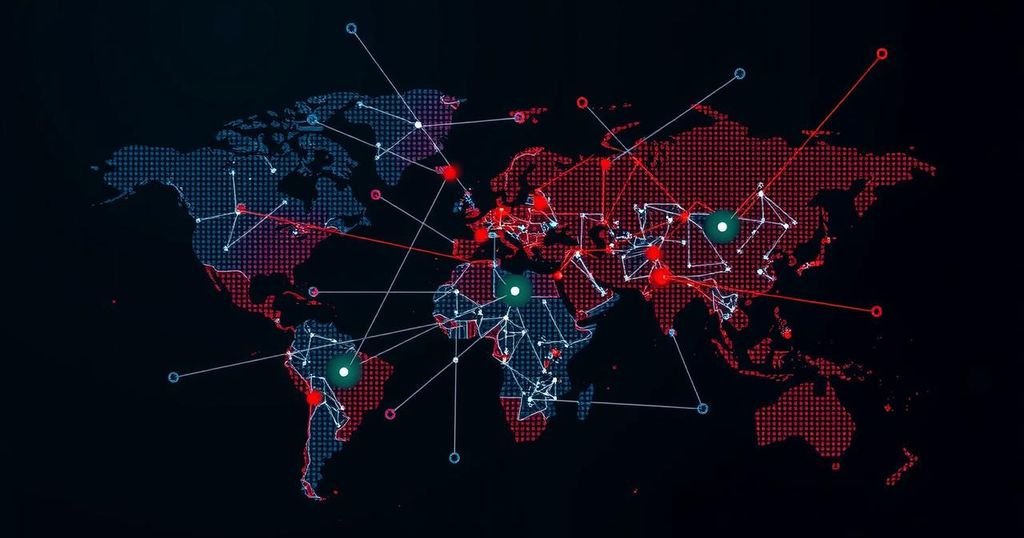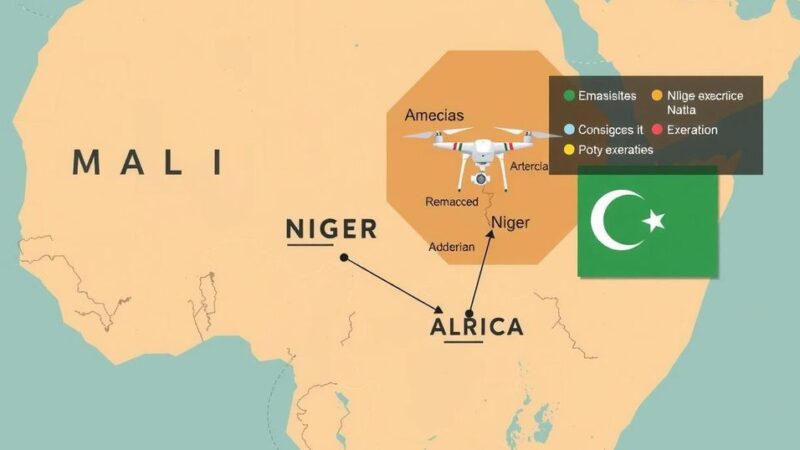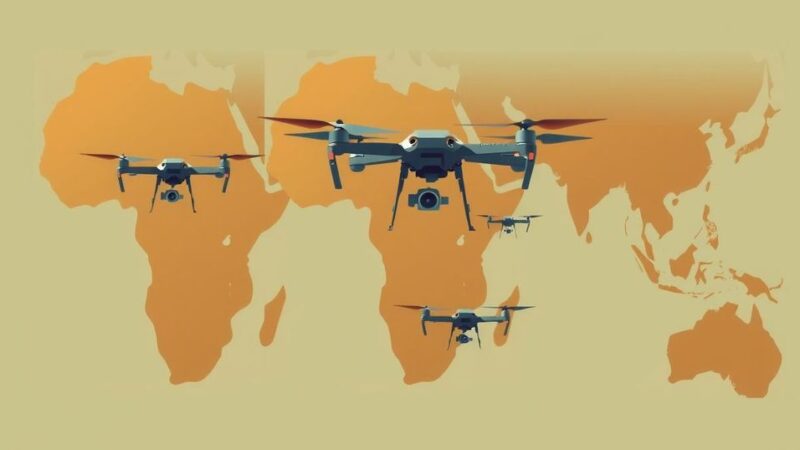Meta’s recent report highlights its efforts to secure the 2024 elections by removing 20 covert influence operations and assessing the global impact of AI, which was found to be minimal. The company emphasized the need for continuous adaptation of its strategies following past interferences, especially from Russian agents, and the challenges posed by the migration of influence campaigns to less-regulated platforms.
On December 3, 2023, Meta released a report discussing its measures to secure the integrity of the 2024 elections. The company identified minimal global impacts of artificial intelligence (AI) on electoral outcomes, having dismantled at least 20 covert influence operations. This comes in the wake of past interference, primarily from Russian actors, which Meta classified as the leading source of such operations. Furthermore, Meta noted a discernible shift of influence operations towards less-regulated platforms and highlighted the challenges of managing content policies that balance free expression with safety.
In a comprehensive response to potential threats, Meta established “election operations centers” worldwide, actively monitoring significant electoral events occurring in diverse regions, including the United States, Asia, Europe, and beyond. The company maintained its approach from the previous election cycle by banning new political advertisements during the final week to ensure transparency. Meta’s prudent measures included requiring disclosures for ads utilizing AI and rejecting numerous requests for generating deceptive political imagery. By focusing on deceptive behaviors rather than specific content, Meta strived to curtail the effectiveness of influence campaigns efficiently.
Despite the challenges posed by foreign influence campaigns, particularly from Russia, Meta reported that it had successfully disrupted multiple networks from countries such as Iran and China. Many of these operations attempted to migrate to other platforms, underscoring the extensive reach and adaptability of deceptive actors in the digital space. Moreover, Meta developed the largest repository of threat signals linked to one persistent operation, identified as “Doppelganger,” aimed at enhancing collaborative efforts among researchers and investigators. Ultimately, Meta expressed a commitment to reevaluating its policies and techniques to adapt to the evolving electoral landscape, reaffirming the importance of both security and free expression in democratic discourse.
The article revolves around Meta’s commitment to election integrity, particularly concerning its platforms’ role in limiting the influence of covert operations that manipulate electoral processes. Given historical instances of foreign interference, notably from Russian agents impacting U.S. elections, Meta has revised its strategies to enhance the protection of democratic practices. The presence of AI in planned operations signifies an emerging threat landscape that demands vigilant monitoring and new policies by social media platforms.
In summary, Meta’s proactive approach in identifying and dismantling covert influence operations against electoral integrity reflects the complexities of managing democracy in a digital age. Despite significant challenges, particularly from established foreign actors, Meta remains resolute in reinforcing trust and safety across its platforms while simultaneously fostering open discourse. The ongoing evaluation and adjustment of strategies underscore the dynamic nature of safeguarding elections in a globally interconnected environment.
Original Source: www.upi.com






